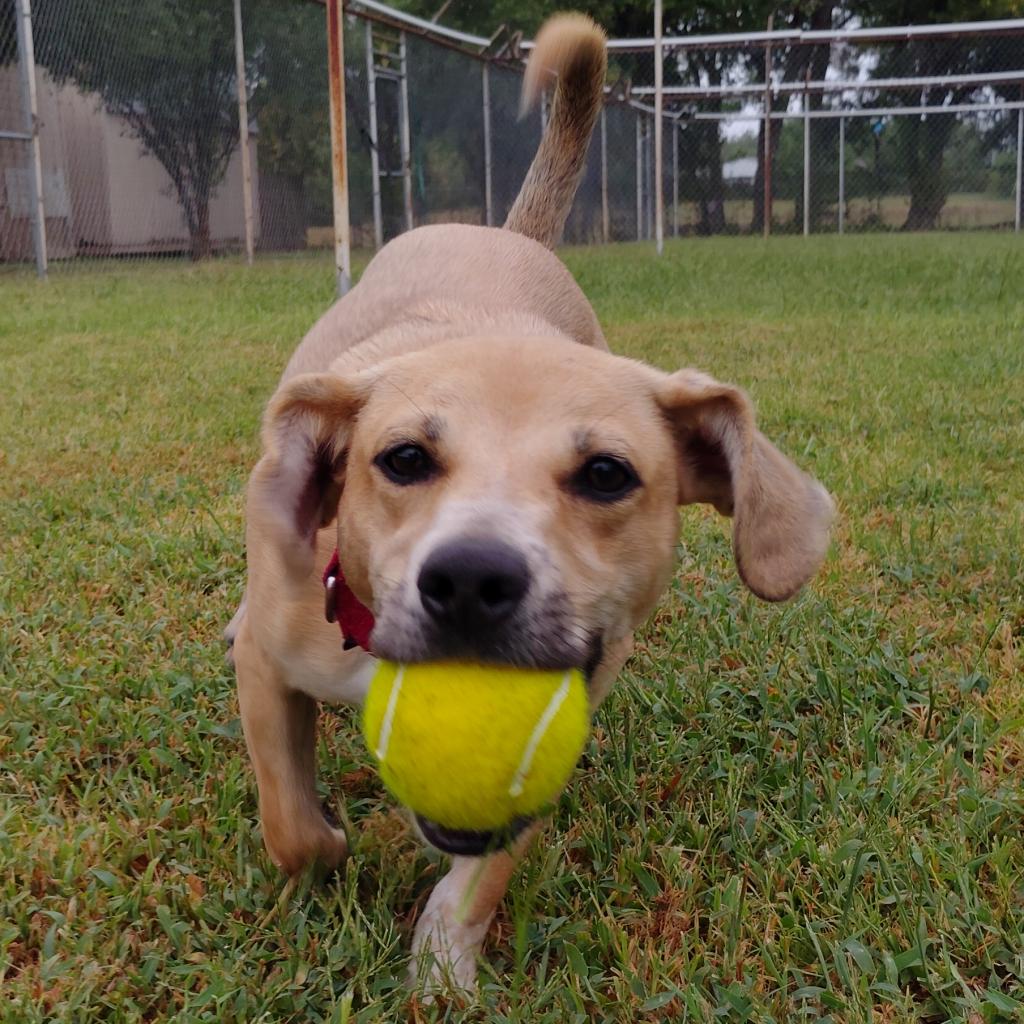Our feline and canine companions do more than provide fellowship. In fact, multiple studies show that pets help lower stress, combat loneliness and provide a sense of purpose. The most common ways of acquiring said pets are through adoption agencies and reputable breeders.
The SPCA – Society for the Prevention of Cruelty to Animals – almost always has animals to adopt, and the process isn’t overly complicated.
“People can either apply online, or they can just stop into our shelter or at one of our many adoption events in the community,” says Mindy Tiner, CEO of the SPCA’s Tulsa branch. “At that point, we just have a conversation. We will discuss the animal they’re interested in, their lifestyle and expectations for this new member of the family, and try to make the best connection possible. Other than cruelty situations, there isn’t really anything that will automatically make us deny an adoption. Once a match is made, we go over medical records and any other information we have on the animal, and they get to head home. We do follow up at regular intervals to see how things are going and offer assistance if needed.”
While adopting an animal is an exciting time, it requires plenty of dedication.
“If you want to open your heart and home to a dog or cat, we want to do what we can to make that happen,” says Miner. “We offer many resources – from access to affordable veterinary care to temporary assistance with essentials such as food and supplies to help facilitate those relationships.”
Whether adopting from a shelter or purchasing from a breeder, there are things to consider.

“When you adopt, you are saving two lives,” says Miner. “You’re saving the animal you adopt, but you are also making it possible for us to bring another animal into our program in their spot. Additionally, with adoption, you know you aren’t unintentionally contributing to pet overpopulation. When you purchase an animal from a responsible breeder, you do know more about the animal’s lineage. This can sometimes help you avoid medical or behavioral issues.”
Tiffany Epperly of Edmond Doodles is a vetted breeder and offers advice on how to proceed once you’ve chosen the specific breed of dog or cat you want to adopt or purchase.
“The next step is to research reputable breeders or rescue organizations that specialize in that breed,” she says. “It’s important to gather as much information as possible about the breeder or rescuer, including their reputation, breeding practices, and the health and temperament of their animals. Most reputable breeders have a website and social media presence to give families a window into their program. Some join the Better Business Bureau or go through the process of getting certified through reputable breeding organizations.”
When visiting a breeder or rescue, be sure to come prepared, advises Epperly. Have relevant questions and requests ready – which include asking to see the parents if possible, how the animals have been socialized, what kind of conditions have they been exposed to, and what health tests and vaccines have been given.
There are some red flags to be aware of, Tiner says, including lack of transparency, poor living conditions, or not offering any health guarantees. Over-breeding may be occurring if the breeder has multiple litters of different breeds available at the same time.
“One important aspect to consider is the ongoing support and resources the breeder provides to their puppy families,” says Epperly. “At Edmond Doodles, we answer any questions families may have, offer training tips and provide guidance throughout the puppy’s life.”
When it comes to adopting a new furry family member, “don’t be so focused on how an animal looks that you miss out on making a connection with the perfect new addition to your family,” says Miner. “Also, while we want everyone to have a great experience, bringing a new animal into your life can sometimes be challenging – don’t give up too quickly! If it just isn’t a fit, there is no shame in that – but this furry friend is going to love you forever and unconditionally, we hope you will do the same.”























